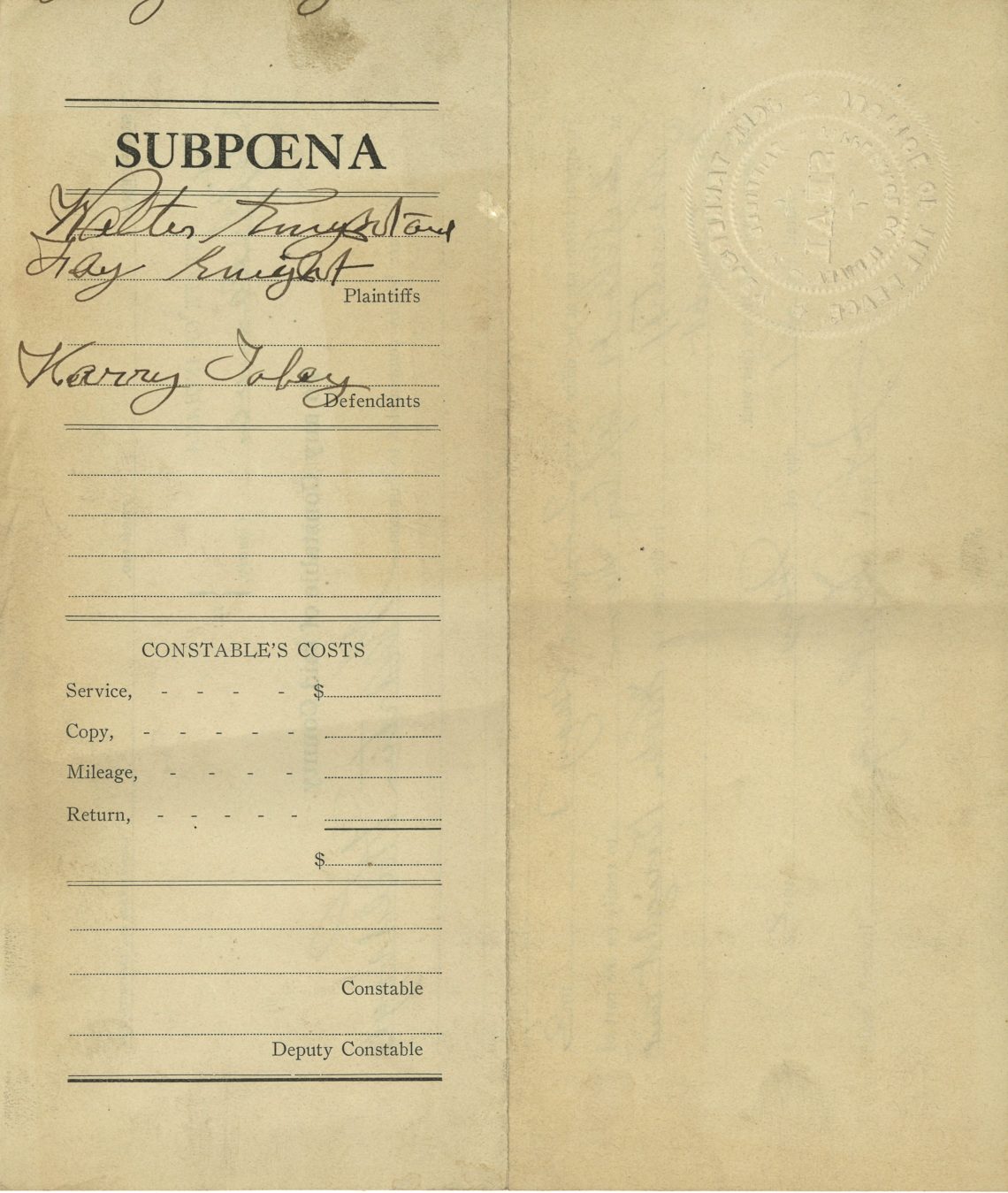A subpoena is a very useful tool for gathering information in civil litigation. They are also used in other contexts, such as by the United States Congress (for example, the congressional subpoena issued to Rudy Giuliani). A civil subpoena is a document provided to an individual or entity compelling that individual or entity to do something – either to testify or to provide documents or other forms of evidence. In North Carolina, the form and function of a subpoena is explained in Rule 45 of the North Carolina Rules of Civil Procedure. Form and Service: What Should My Subpoena Look Like and How Do I Need to Serve It…
-
-
How Smart is Your Technology?
With the popularity of smart devices on the rise, their prevalence in the courtroom is increasing. In 2018, police used Karen Navarra’s Fitbit fitness tracker to find her murderer. Police accessed the recorded information and determined that her heart rate spiked then dropped significantly while her stepfather was in her house. Due to neighbors reports and the information from Fitbit, police were able to determine her stepfather was the murderer. This is not the first time Fitbit’s technology has been used by police to solve crimes. In 2015 Fitbit provided location data in association to a sexual assault and personal injury case, and in August 2018, Fitbit data helped the…
-
The Limitations of Subpoenas: When are They Too Much?
Have you or your company ever been subpoenaed by someone and you wonder, “wait, why am I being dragged into their mess?” It seems unfair. Why should you have to take time out of your busy day to help someone else either pursue or defend their own lawsuit? Let’s face it, most people don’t want to be involved in litigation of any kind, let alone someone else’s litigation. There’s nothing to be gained and only time and money to be lost. However, a North Carolina Business Court ruling last year made clear that non-parties to the case should not be unduly burdened with subpoena requests or required to turn over…
-
The Purpose of Non-Disclosure Agreements and How They Could Fail Harvey Weinstein
What happens when you violate a non-disclosure agreement? Are there any circumstances in which is permissible to violate one without consequences? What are non-disclosure agreements even for? What does everyone have to hide? Non-disclosure agreements are a way for businesses or individuals to protect confidential information given to their employees or other parties. They can also be called “confidentiality agreements” or simply “NDAs.” At Lindley Law, all employees sign a confidentiality agreement with respect to client information. In addition to attorney-client confidentiality, it is important to the attorney-client relationship that we maintain confidentiality so as to not compromise or prejudice our clients in any way. Other companies, such…
-
Depositions 101: Eight Tips to Ease Your Mind
The movie “The Social Network” used the depositions of Eduardo Saverin and the Winklevoss twins, who sued Mark Zuckerberg over the creation of Facebook, to tell its story. Depositions in real life are also used to hear one party’s side of the story so the attorneys know what to expect at trial. Most people have never had their deposition taken and, like many parts of the legal process, it can be daunting to the uninitiated. Knowing what to expect can alleviate much of that worry. What is a Deposition and Do I Need an Attorney? At their core, depositions are merely a question and answer session between a person that has information…
-
Five Things You Need to Know About Social Media and Discovery
Social media can have a profound impact on a lawsuit and can even make or break one’s case. Take, for example, a person who is claiming they are unable to work due to a workplace injury, but a quick perusal of their social media accounts reveals their ability to waterski simultaneous to the claim. An attorney will likely be able to use that post to make an argument in court. However, if the waterskiing employee realizes the post is problematic given his or her recent claim, they may decide to delete the photo. Deletion of tweets or Facebook posts in an effort to conceal evidence could result in dismissal of…


